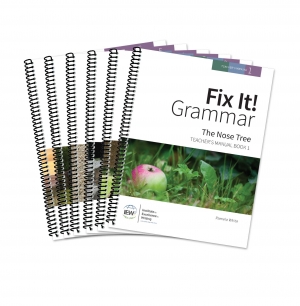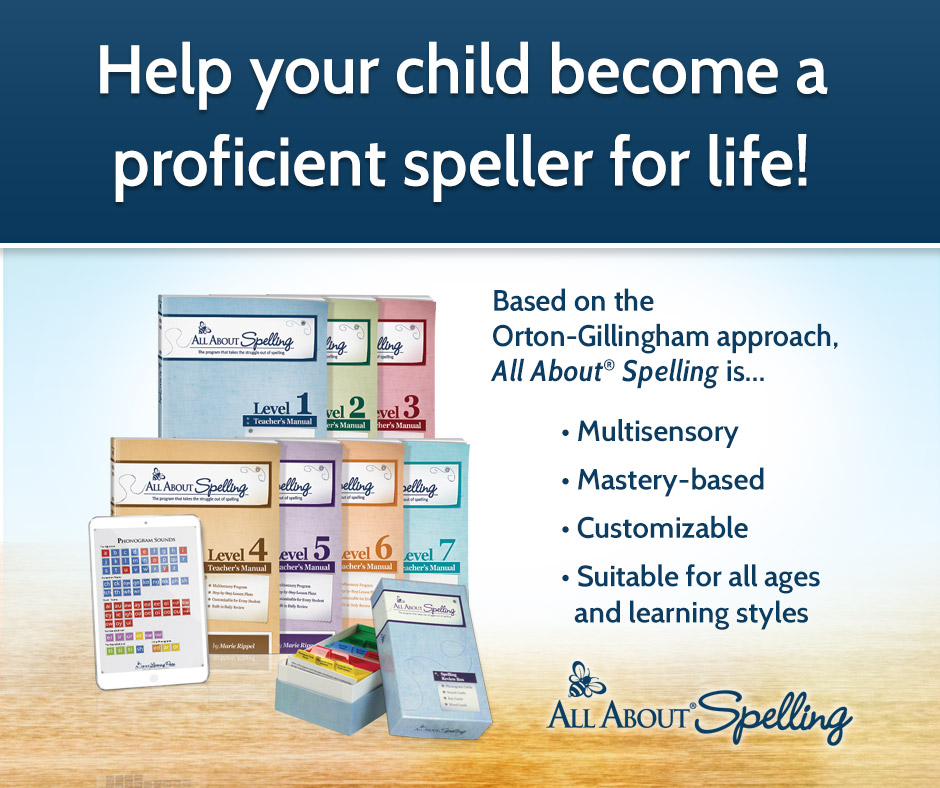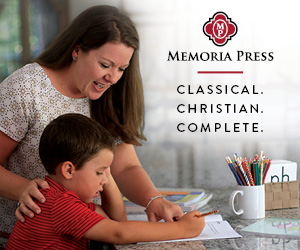
I don’t spend much time in Christian bookstores. I have found that shopping for the latest Christian bestseller is usually a waste of time and money. The sheer amount of worthless books I have to sort through to get to the worthy ones is overwhelming.
But, I do wander into a Christian bookstore every now and then. Even though I know what I am looking for, it can be hard to find it. The shelves are filled with books offering solutions to problems, theological perspectives that are popular and unpopular, and LOTS of Christian fiction. Since I don’t read Christian fiction, I tend to find myself in the non-fiction aisles more often than not. And what is to be found there is a conglomeration of options that can be quite confusing.
Today, I am going to try to help sort out the books you can find in the Christian bookstore and offer some comparisons, so you can make the best choices the next time you need a new Bible study.
Categories of Christian Bible Resources
As I look at the shelves and shelves of books about Bible study or Bible studies themselves in the aisles of Christian bookstores I notice they can usually be placed into three categories:
- Bible study resources – these are useful to every Bible student
- Inductive Bible studies
- Deductive Bible studies
Deductive Bible Study
The majority of the books on those shelves are the third category of Bible study – deductive. That means they are written by someone who has done lots of work on a given topic of study (a book of the Bible or a topic related to life). They worked through the information, found lots of insights and did the hard work of writing it down for others to read.
And those are great resources!
BUT…
A definition
Deduction is a reductive process. By definition it means,
a process of reasoning in which a conclusion follows necessarily from the premises presented, so that the conclusion cannot be false if the premises are true.
In a sense, a deductive study will place a number of things on the table and then remove what is extraneous until a conclusion can be made.
But what if the premises are incorrect? What if the starting place is not accurate? What will happen when you start from the wrong place and go from there? And what if you “take away” the wrong things?
An example
Say I am passionate about weight-loss, and I am also lactose intolerant. And I decide I want to find out what God’s Word has to say about those topics together. I can start researching in the Word all the instances where it talks about eating. And then research all the places it talks about “milk.” And I can in a sense, remove all the verses that don’t talk about my given topics.
Do you think I am going to have an accurate, Biblical understanding of these topics when I get done?
This example may seem ridiculous, but I assure you, there are Bible studies out there built on the same basic premise. And as a side note, I really don’t believe the Bible should be approached as a diet book. It is indeed far more rich as what it is: The very WORD of GOD.
Evaluating deductive Bible study
What if the person who did all that work and got all those insights…got it WRONG? How will you know? What if the premises they started at are false? How will you know the context from which he got the verses? And how will you determine if he correctly interpreted the verses for our modern-day life?
I have to be honest with you: these questions make me wary of deductive Bible studies. They require me to be exercising constant discernment while I should be focused on what the Word says. I find they are more distracting than they intend to be, simply because I have to be on guard against incorrect conclusions and theology.
Inductive Bible Study
Inductive Bible studies are harder to find on the shelves of the Christian book stores, but they are there! The difference between inductive Bible study and deductive is the lack of premises. Inductive Bible studies will, in a sense, lay it all on the table, leave it all on the table and evaluate it. After evaluation, the information is categorized and ordered into detailed understanding.
A definition
Induction is a drawing forward process. By definition it means,
the process of estimating the validity of observations of part of a class of facts as evidence for a proposition about the whole class.
Through inductive study a conclusion reached by observing a group or part of a group. After observation about the group, conclusions are drawn.
The emphasis in inductive Bible study is always on observing FIRST. After much observation comes interpretation, followed by application. So, there is still danger of “getting it wrong.” But there are some fail safes to prevent improper interpretation and application – we will talk about that more.
An example
Taking our example from before, (I want to know about weight-loss, but I am lactose intolerant) to study the what the Bible says about these things, I would start from the beginning and work my way through. I would look for a number of key words related to my topics. These might include “eat,” “drink,” “milk,” “feed,” “nourish,” and “glutton.” As I work my way through the Bible, I may find more key words that point to my topic. I would write down what I learn.
By the time I got to the end of the Bible, I would start to have an understanding of what God says about this topic. I would have a pool of information to sort through, comparing and contrasting, categorizing, and evaluating. Only then would I come to any conclusions on the topic.
Evaluating Inductive Bible Study
As with deductive Bible study, there is still a danger of “getting it wrong.” But God has your back on this one! The major difference between inductive and deductive bible studies is the teacher. In inductive studies, you have a miraculous teacher who has promised to lead you into all truth! The Holy Spirit Himself was sent to dwell inside you to guide and direct your study of God’s Word. And He doesn’t get it wrong!
For my prayed-for, dedicated time with the Lord, I prefer to do inductive Bible study. It removes the obstacle of discernment inherent in deductive studies. If I am reading it straight from God’s Word, I can rest assured it is truth. Then I can rely upon the Holy Spirit to reveal and illuminate the Truth.
In this series, I previously talked about the simple way to evaluate Bible studies to determine if they are worth your time. In that article, I talked about how to become a Berean, even if you choose a deductive study. So, I am not saying that you MUST chose inductive studies in order to be a “real Christian.” But I do believe they are the ones you are likely to get the most out of.
Stay tuned for the next post in which I will talk about some simple ways to get into the Word.















This Post Has One Comment
Good morning my sister in the faith! 🙂
I came across this page researching for Biblical arcing I believe. Anyway, I am very ashamed to say that although I do love the Lord and been passionate about the Word, my deep studying and knowledge do not reflect that in my walk. So now that that is out of the way…
I am not trying to sway your personal decision to use inductive over deductive, and believe they and other study methods like Bible bracketing and arcing as well as other tools have their place as well. So in my researching in the matter, I came across https://biblearc.com/ which have some great free resources and thought I would share it with you. The main thing I really want to share though is the link to the document written by John Piper. I am not sure who your teachers are, but nonetheless this document has a lot to say about bracketing and very valuable information.
http://cdn.desiringgod.org/pdf/booklets/BTBX.pdf
Lastly, I do agree with you about your reading books on it, and question if they (the authors) go their analysis incorrect or not. I know some people who get great head knowledge and go out as an expert. As you know by your many posts that deep scripture reading, studying, meditating takes time, and even then, it may not be what it is. Thank you for your site, for sharing your wisdom and resources, and all that you do to serve your family in and for the Gospel of Jesus Christ.
Gospel Blessings! 🙂
Shawn Campbell
The Reformed Wretch